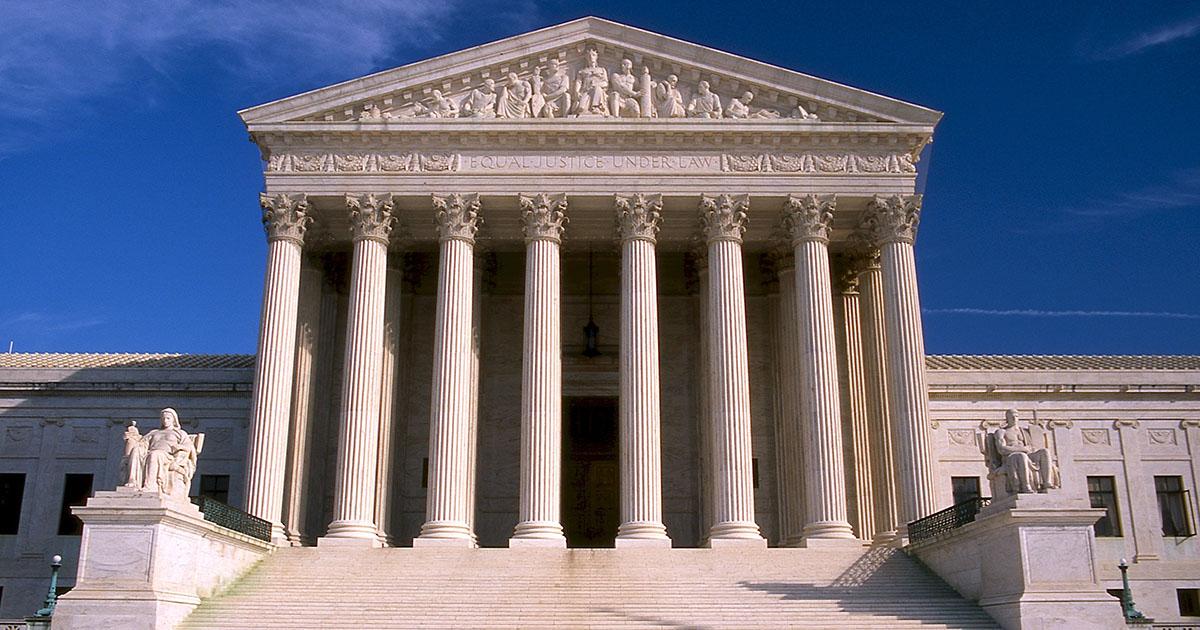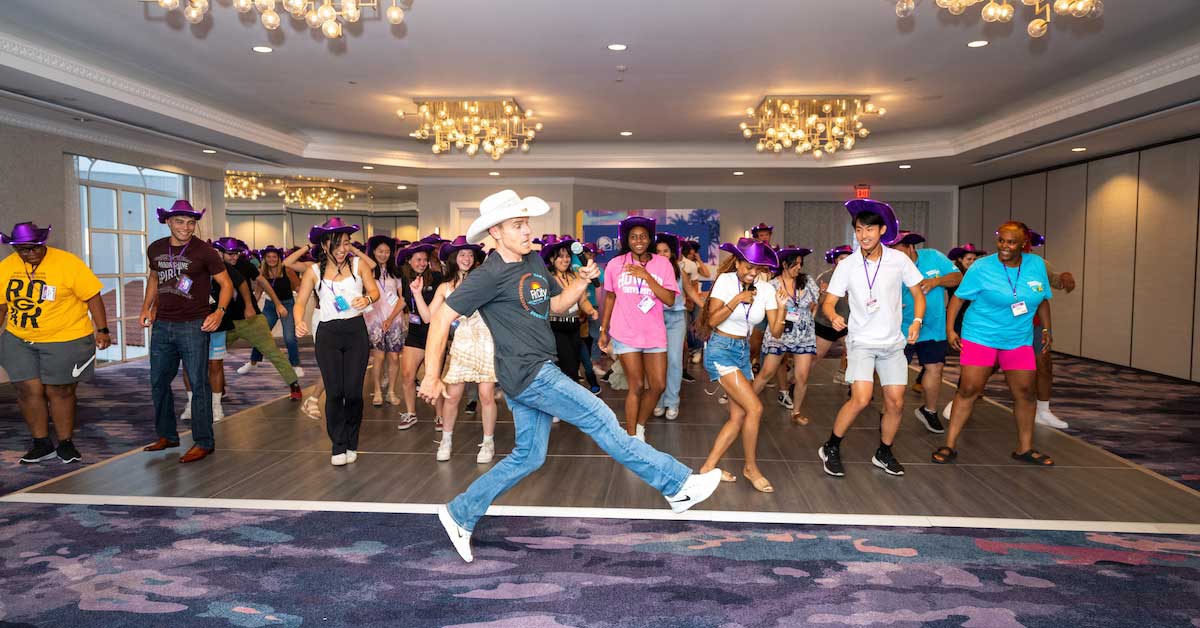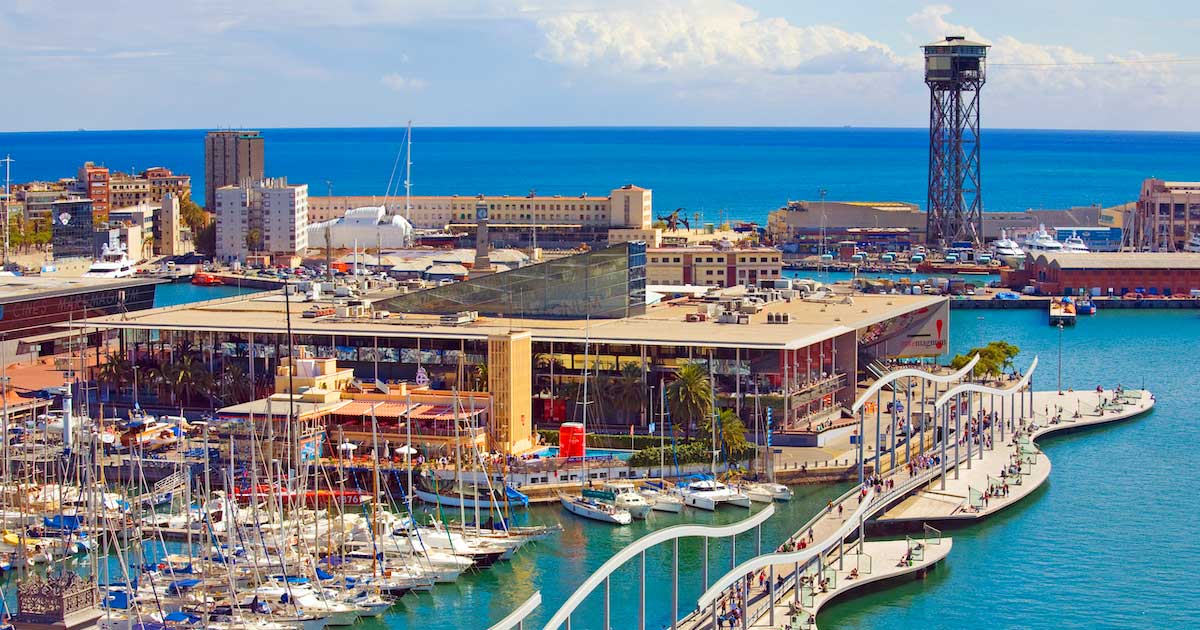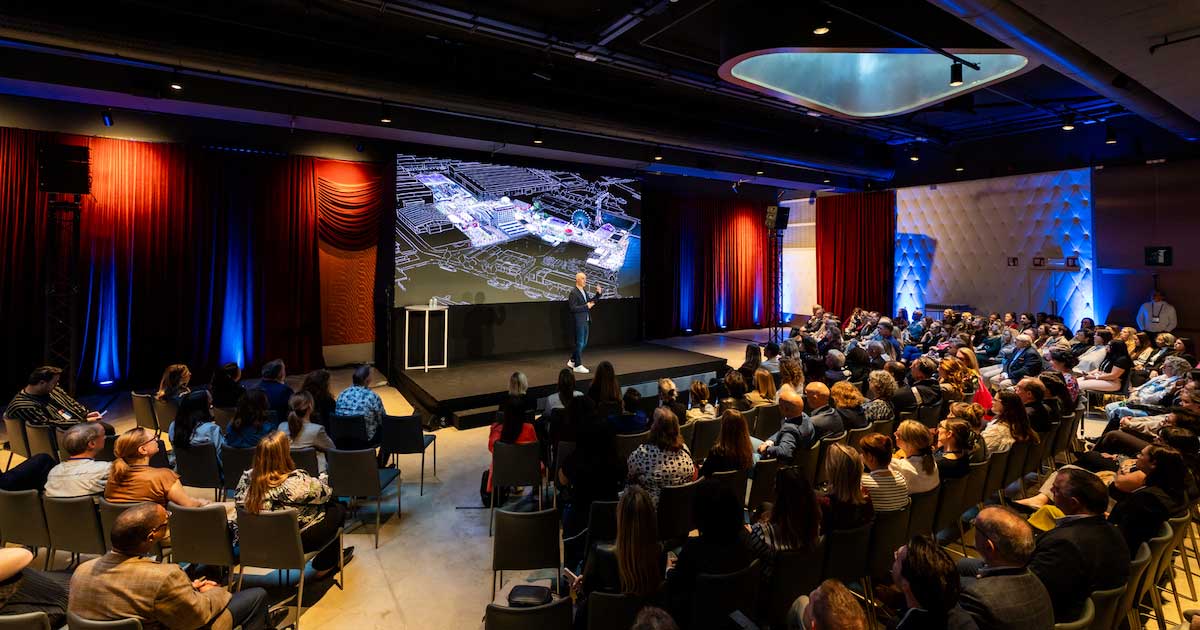Now that the U.S. Supreme Court has upheld President Trump’s ban on travelers from select Muslim-majority nations, the disruption to meeting and event business should be slightly clearer, though nonetheless problematic. At the very least, planners and attendees aren’t dealing with as much speculation. But how should planners amend their operating procedures to effectively navigate this new normal?
To better understand the predicament, I spoke with Dr. Mark Boyer, executive director of the International Studies Association (ISA) and board of trustees distinguished professor, geography, at the University of Connecticut. The ISA’s annual conference in February 2017 found itself in the midst of chaos when, only weeks before, President Trump announced his original travel ban. Given that the ISA is a truly international organization—and one that thrives in academia, a field in which there were immediately vocal opponents to the ban—the last-minute difficulties injected by the executive order’s uncertainty were numerous. The ISA, sadly not the only group affected by the travel ban, has out of necessity led the meeting industry in exploring ways around this development. The following conversation with Boyer reveals not only the difficulties introduced by the ban, but solutions for groups seeking to cope with it.
Last year, the ISA and its community had to quickly adapt to the first travel ban proposed by the president, right before your group’s annual conference. You put in a lot of effort to handle this properly—what was the final result?
Out of about 6,500 potential attendees, we had identified about 30 people of that whole group who might be directly affected by the original travel ban. Those were individuals who were resident at a university in one of the affected countries—we don’t collect citizenship data, we collect institutional-affiliation data. But we had 172 individuals withdraw from the [2017] meeting at the last minute. Some of those were withdrawals out of solidarity with the individuals who couldn’t come, just as a protest, perhaps, but there were probably others who cancelled for some unknown reason along the way.
We decided to take a very liberal and accommodating cancellation policy, and anybody who cancelled in those last three weeks [between the original travel ban and the start of the conference], we refunded their registration fees with no questions asked—something we never do otherwise. We took about a US$30,000 revenue hit from the travel ban for that annual meeting.
What’s been happening behind the scenes at the ISA in the past year and a half regarding process changes or discussions as a result of the on-and-off travel bans?
There are a lot of moving parts on this, and they continue to be moving given the recent Supreme Court decision, as well as the slow way governance works in a non-profit sometimes. [We’ve decided] to rather aggressively hold more conferences overseas. In addition to our large annual meeting, which is pretty much always based in North America for a variety of reasons, we are now holding large international meetings outside of North America. In about three weeks, we’re going to have a conference for about 750 people in Quito, Ecuador. Last year, we were in Hong Kong. Next year, we will be in Belgrade, Serbia. We are looking at a site in Asia for 2020. So we’re pretty aggressively laying those out. In addition, we are also sponsoring some smaller conferences in the 100-200-attendee range—we’re going to have one in Ghana, August 2019, we’re looking at Morocco the following year, and so on, to provide greater access for our members who might not be willing or able to travel to the United States under the current circumstances. In essence, some of our business is now moving overseas to deal with those issues.
Are you looking outside of the U.S. for your large annual conference?
We are indeed exploring options outside of the United States, but for the moment, our business model—not a convention-center-based business model—is sort of stuck within the North American market for the time being. Given our size and the level of our registration fees, we’re a relatively inexpensive association in terms of our membership dues and registration fees, which keeps us sort of in a hotel-based model. If we were to double registration fees, we would then have some other options available to us, but that’s probably not going to happen in the short-to-medium term at least because we have a growing number of members coming in from the global south, from pretty economically challenged areas. To have to pay $500 for conference registration, rather than $200 or $250, is a huge issue for many of our members from the global south. So some of the economics of it are keeping us based in the United States at least for the short-to-medium term.
Are you planning to offer live-streaming of future conference content?
We have some options, but they’re on a very limited basis. We tried to implement this for the San Francisco meeting we had in April [2018], and what we found was that the video streaming options are very problematic to implement because they are so dependent on the bandwidth overseas. So if we have a participant who can’t travel to the United States from Somalia, we can probably do audio relatively effectively, but it’ll be incredibly difficult to do reliable video feeds to many places in the developing world. One of the things that we are exploring is whether we can put internet access in all of the meeting rooms and all of the common spaces as a way of providing greater access—and whether we do audio streaming as a lowest-common-denominator off of Wi-Fi access, we’re looking at those options as well, at least to provide greater audio access to the panel rooms.
What’s your plan now that the Supreme Court has upheld the most recent travel ban? Are you anticipating this will be a continuing problem, something that will affect attendance, at least at your major North American event?
Yeah. I think that for the foreseeable future, we’re going to have to navigate this both technically and politically within the association—try to figure out workarounds. Frankly, that’s where we’re looking at some of these audio options with internet access as well as really dedicating ourselves to providing increased opportunities for international access through some of these additional global conferences.
What kind of feedback have you received from your community about how you handled the situation last year, and their concerns going forward?
I think overall, aside from the initial, uniformly negative impact, where everybody was incredibly upset about this terribly challenging situation, I think we’ve gotten to a point where we’re a little bit more cognizant of trying to do this in a deliberative and logical kind of way, rather than merely reacting. That’s why we’re having some discussions this year about how we can address these concerns in terms of conference siting and conference availability and internet access, and the list goes on, to try and deal with this in a much more proactive fashion rather than a reactive fashion every time one of these difficult policies is put in place.
Would you say that your association, even the academic world in general, is taking a bigger hit from this? Is the travel ban affecting your industry more than most others?
I don’t know about that. We’ve heard stories about the high-tech industry being hit hard by this issue. But academics is certainly grappling with how we manage these kinds of things. One of the pieces, and I’m not a betting man, but if I was a betting man, the irony of all of this push to move our conferences outside of the United States, I would be willing to bet that we have more members inside the United States who could not leave the U.S. to attend a conference in, say, Paris, than we have members who are trying to get into the United States. So that would actually adversely affect more people by resetting our conferences outside of North American, than it would otherwise. There are a lot of these second-hand aspects that we need to think through in a logical kind of way.
What’s the concern there? That foreign attendees legally in the U.S. are now concerned if they did go to a conference outside of the U.S., they wouldn’t be able to get back in?
Yes, that is coming up. With the Baltimore convention in February 2017, we only know of one individual who tried to travel to the convention and got stopped at the border. She was detained, I think, for two or three hours in Detroit, but was ultimately allowed to travel to Baltimore and attend the meeting. So that’s the only specific instance where that has happened, but it’s been such a dampening effect that a lot of people just say, “Look, I don’t want to be hassled, I’m not coming, I can’t risk being detained wherever. I’m not even going to try to go to the ISA meeting or try to get into the United States.” I think there are a lot of [registration] withdrawals that happen on those issues rather than on actually physically being stopped. So, people are being risk averse because they don’t want to be put in jeopardy.
Is there anything else you’d like to add about this topic?
Overall, as the executive director of a large professional organization, it’s really complicating the way we do things when we are as global as we are. Our membership is about half non-North American. It’s a very diverse association. We’re sort of a unique case in that regard. I think in the end, I’m speaking as an individual now, the only thing this is doing is hurting American influence globally. I think that’s the downside over the long term. It’s very troubling on a moral and ethical level, but at an operational level, it’s just damaging to American interests in the long term.







